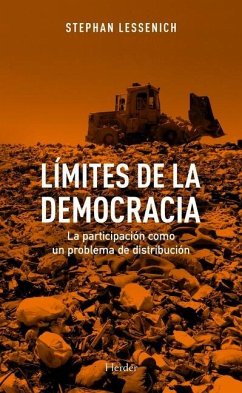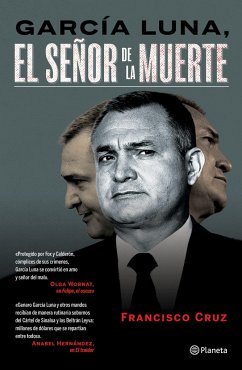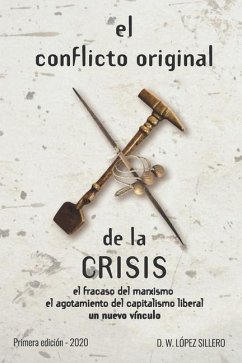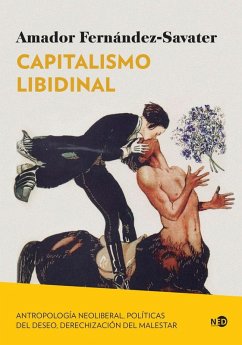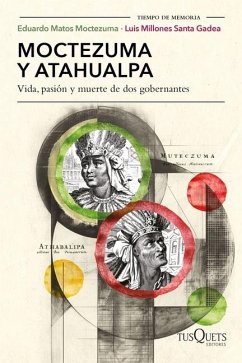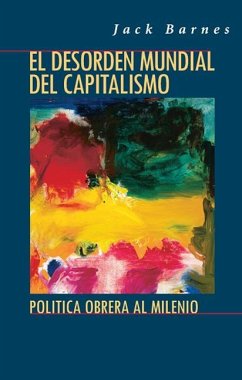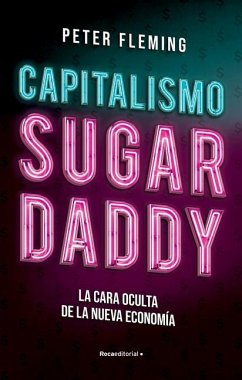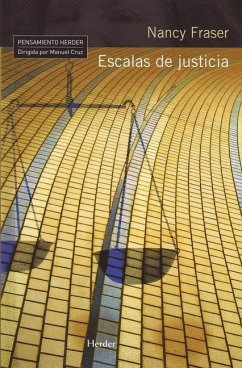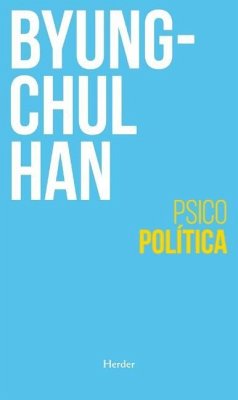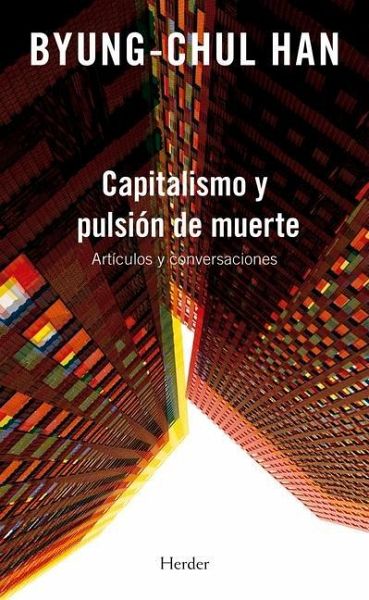
Capitalismo Y Pulsion de Muerte

PAYBACK Punkte
6 °P sammeln!
This book brings together 14 articles and 2 conversations by Byung-Chul Han about the expansion of capitalism and its consequences. What we call growth today is actually the consequence of an excessive increase in carcinomas destroying the social organism. These tumors ceaselessly metastasize and multiply with an inexplicable and deadly vitality. At a certain point, this growth is no longer productive, but destructive. Capitalism has long since passed this critical point. Its destructive powers produce catastrophes not only ecological or social, but also mental. The devastating effects of capi...
This book brings together 14 articles and 2 conversations by Byung-Chul Han about the expansion of capitalism and its consequences. What we call growth today is actually the consequence of an excessive increase in carcinomas destroying the social organism. These tumors ceaselessly metastasize and multiply with an inexplicable and deadly vitality. At a certain point, this growth is no longer productive, but destructive. Capitalism has long since passed this critical point. Its destructive powers produce catastrophes not only ecological or social, but also mental. The devastating effects of capitalism suggest the existence of a death instinct. Freud initially introduced the notion of the 'death drive' hesitantly, but later admitted that he 'couldn't think beyond it' as the idea became more and more central to his thinking. Today it is impossible to reflect on capitalism without considering the death drive.




